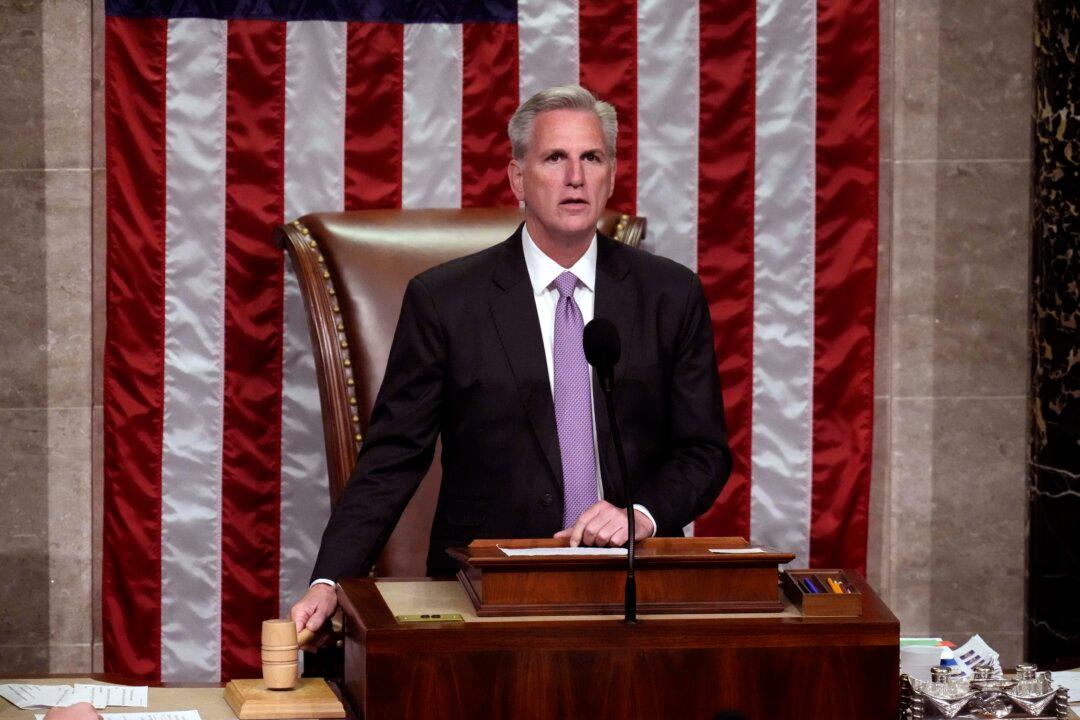The House of Representatives approved a far-reaching immigration bill on May 11 that seeks to bolster the wall along the U.S.–Mexico border and impose stricter regulations on asylum-seekers, at a time when migrants are congregating along the border ahead of the lifting of the COVID-19 pandemic restrictions.
The legislation, called the Secure the Border Act (H.R.2), would restore many of the policies implemented by former President Donald Trump, such as resuming construction of the border walls. It would also restrict asylum by mandating that migrants cross legally, pay a $50 fee, and meet more stringent standards to demonstrate that they’re fleeing political, religious, or racial persecution. It also seeks to increase the number of Border Patrol agents.




